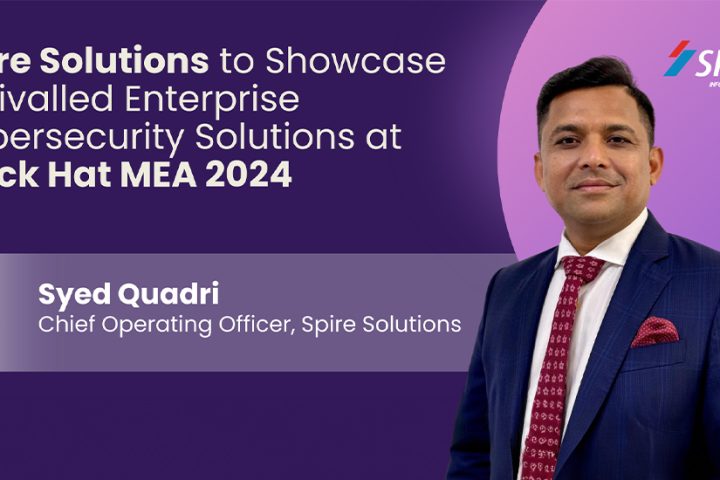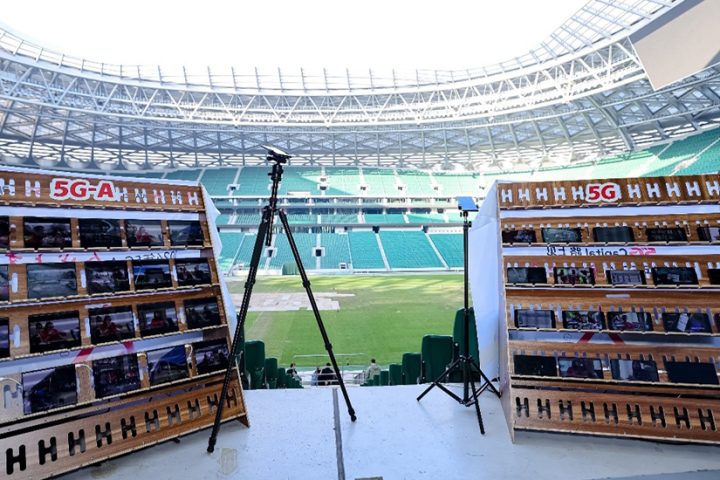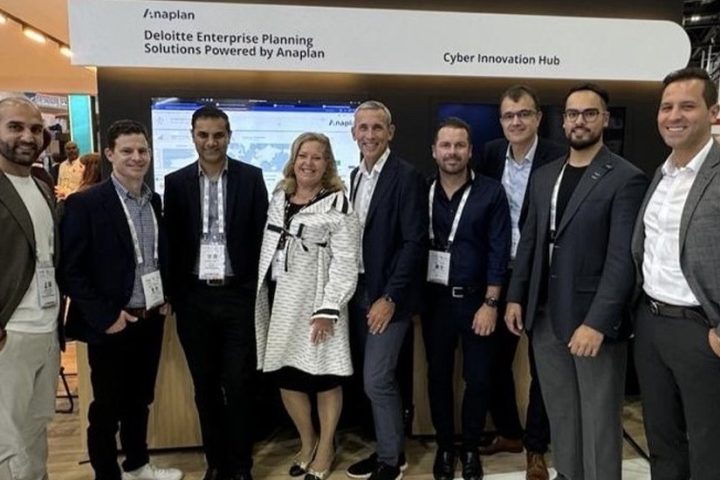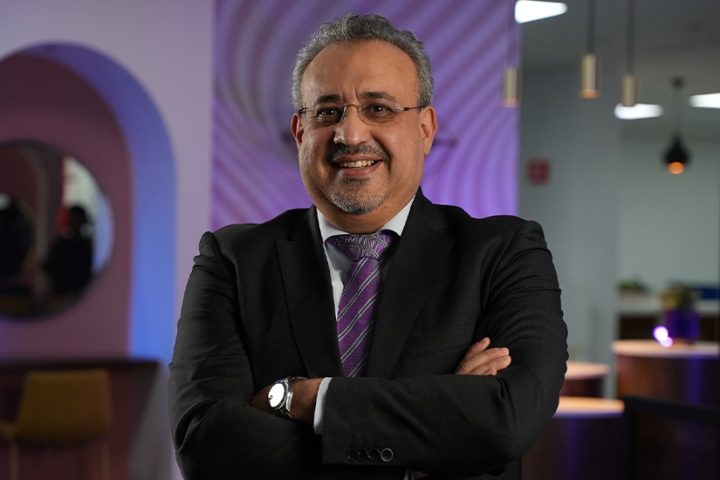With highly scalable IoT Platform, enterprise focused IoT solutions and recent customer wins, the IoTX kept the WebNMS booth a busy place. Prabhu Ramachnadran, Director- WebNMS, who cut out a happy face given the amazing response that he garnered from the customers and visitors at the exhibition, peppered his views on WebNMS’sIoT strategy for the Middle East, partner ecosystem and future ventures.
“Whenever there is a need for OPEX reduction, IoT steps in”
Prabhu Ramachnadran, Director WebNMS
Prabhu Ramchandran, Director of WebNMS(a Division of ZOHO Corp) is of the opinion that IoT adoption across the globe, presently, is at the early stage of comprehension. “The adaptation is rather slow, but I believe the Middle East (ME) is ahead in the race. The Middle East is a very prospective market and customers are very vocal about their needs, hence it is easy to gauge their requirements. In the ME market, enterprises are looking for technology to solve their business problems rather than unwieldy manual interactions.”
Prabhu, who was also an expert speaker on board the IoTx, states that Internet of Things (IoT) is a very broad term and the ecosystem is fragmented. “The IoT market for the enterprises is very different from the IoT market for the consumers.” says Prabhu. WebNMS focuses on enterprise IoT solutions and within that the key focus areas are energy management, remote security, a location tracking and connected transportation system. They have an IoT Application Enablement Platform which is a software platform that seamlessly integrates with multiple sensors and gateways which enables enterprise to build their own customized IoT application in a few weeks’ time. The IoT solutions are delivered through local partners who are domain experts and already have tie-ups with prospective clients. The partners then take the solutions and do managed services for the customers.
Talking about the recent IoT venture of the company, Prabhu said that they have signed a customer recently for the WebNMS IoT Platform in Civil Defense Space, wherein they are responsible for creating fire alarm monitoring for public and private buildings. And like all other projects, right partners are a mandate for this journey as well. “Local partners are key to our operations”, says Prabhu, “The IoT solutions are driven by sensors, gateways, hardware, software, and managed services. So the key challenge is finding the right technology and implementation partners. Once we have the right partners, we can train them to provide our IoT solutions to the consumers.”
Recently, WebNMS, and Option successfully integrated Option’s CloudGate smart M2M gateway with the WebNMS IoT Platform. The combined solution provides a simplified path to scaling IoT/M2M applications for secure B2B infrastructure. The CloudGate gateway delivers tremendous flexibility for customers who see scalable connectivity to their remote B2B infrastructure as vital to optimizing their businesses.
Other than that, WebNMS is emphasizing greatly on the enterprise space. “Currently we have a IoT Platform and eight deployment-ready IoT solutions focused on solving the real problems of the enterprises. We are working on a special solution for the Diesel generation monitoring (DG monitoring) because diesel generation is an expensive asset and it demands regular maintenance. So our DG monitoring solution automates the entire processes, right from fuel-level monitoring, to real time alerts on running hours, to pilferage detection, to tracking the service requirement Hence making the whole process efficient and cost effective”, says Prabhu.
Shedding further light on success stories, Prabhu talks about a recent fire safety and monitoring project with a large organization in Dubai wherein the company was responsible to automate the fire alarms for disaster situations while automating the emails and other communication gateways as well for immediate response.
With this, WebNMS is thus uniquely positioned to blend in with the smart city vision as well. “Dubai is already a smart city. We have advanced transport systems and many other smart projects are on in the frontline.” Although, Prabhu believes that there are still doors to improvements and opportunities when it comes to the building of a smart city. ‘Safety’ is one such aspect according to Prabhu that can play a pivotal role in the smart city and IoT and which should be improved while gearing up for the future connected homes and connected machines and traffic management. According to him smart city is such a concept that has different levels of meaning for each country and region. The scales are different and so are the stakes.
Taking the discussion to his views on the various industries which are the early adopters of the IoT, he opines that “Infrastructure and logistics have been the key adopters of the IoT. Logistics would have the greatest impact of IoT because it can drastically reduce the Opex when it is all IoT. Wherever there is a demand to reduce the Opex, IoT steps in.” Another sector which would benefit greatly by the IoT, according to Prabhu, is the Oil and Gas sector which rely on sensors and SCADA (Supervisory control and data acquisition) systems.
Finally, as the dawn of IoT has already set in, a question that often arises is that— what should be connected and what should not be?
With a clever smile, Prabhu says, “We are fully into the enterprise space, so 50% of the trickiness is eliminated. As for what should be connected in the enterprise, then the answer is— high-value asset, asset that consume more energy, assets that need to be secured, and where assets uptime are crucial for business operations… should be connected. And cloud, as many people think, is no more a complex concept. If you look at our IoT Platform, we have multiple options for customers who want to host on cloud or go for on premisesolutions. They can install in their own data center and if they don’t have the resource then they can go to the managed services team who can host the data in their data centers and manage it for them.”














